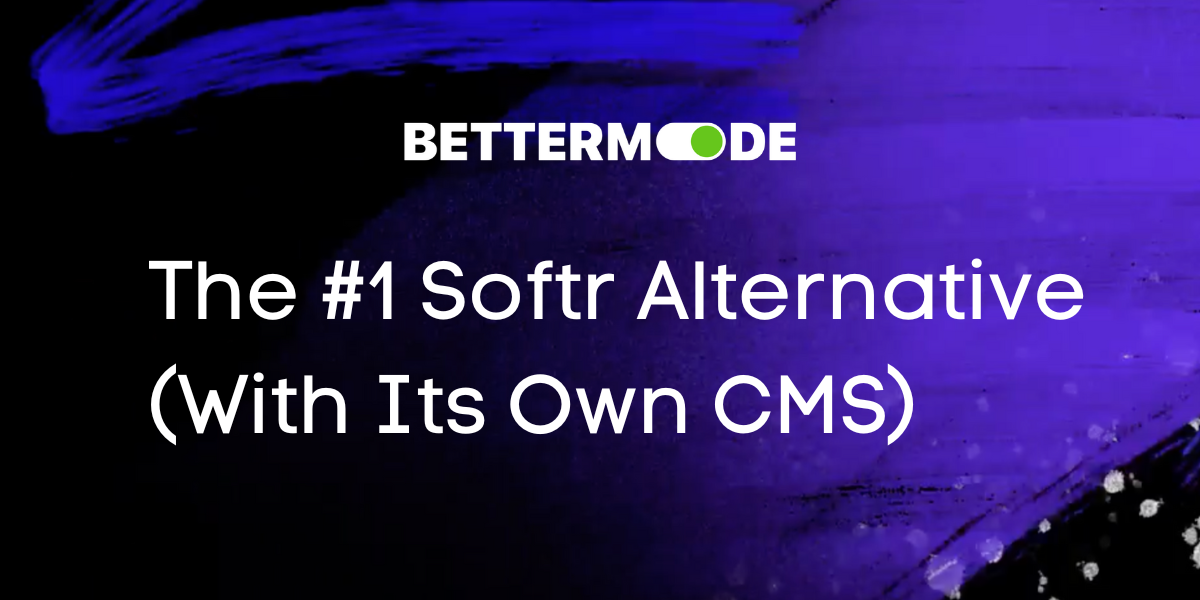Legal Consideration when Building Community Forums

Legal considerations for a community forum is crucial since countries across globe are increasingly implementing various privacy and data protection laws. Brands need to understand and address these legal elements. Otherwise, they'll face overwhelming risk to their business.
This blog post will provide a comprehensive look into the legal considerations, including topics such as Terms of Service, privacy laws and moderation policies.
We'll delve into topics such as crafting comprehensive Terms of Service, developing privacy protections that comply with consumer privacy laws, and establishing effective moderation policies to mitigate harmful content while respecting the rights to express.
You’ll also gain insights about safeguarding intellectual property rights, ensuring data security in a discussion forum, and handling liability issues related to hosting user-generated content.
Why legal considerations matter
Running a forum-based community website has its challenges. One important factor? Staying within legal bounds is a must! Especially because forums involve user-generated content and as a brand, you need to keep personal data safe.
Legal considerations aren't about doing just enough to stay protected from lawsuits. They're also about building trust with your users. Show them you respect their privacy and take steps to keep their information secure.
Given below are the top legal considerations when building a community forum:
1. Terms of Service
The Terms of Service covers the rules and regulations that everyone has to follow if they want to connect on your community platform.
It should make clear what is acceptable and unacceptable behaviour on the website. If someone chooses to disregard the rules, there should be appropriate repercussions. It's also important to talk about user-generated content, like who owns it and how it can be used.
To make sure your terms are bulletproof, you need want to get a lawyer involved or use an online service that specializes in creating legal agreements for websites.
Examples of Terms of Service of community forums:
- https://www.indiehackers.com/terms
- https://www.kaggle.com/terms
- https://stackoverflow.com/legal/terms-of-service
2. Privacy policy
Privacy policies are essential because they outline how the forum collects, uses, and manages user data, which is a critical concern in our digital age. A well-crafted privacy policy not only ensures compliance with various data protection laws but also fosters a sense of security among users.
It reassures them that their personal information is being handled with utmost care and respect, thereby encouraging more open and meaningful participation.
Creating a privacy policy for community forums starts with the understanding of the data you collect from your members, be it names, email addresses, IP addresses, or behavioral data. Next, clearly articulate how you intend to use this information and with whom it may be shared.
It's also crucial to explain the measures you're taking to protect this data. Remember, your policy should be easy to understand, avoiding legal jargon as much as possible. Lastly, keep your users informed about any changes to the policy and provide them with options to control their data.
Consulting with a legal expert is highly recommended to ensure your policy is comprehensive and compliant with all relevant laws.
3. Moderation policies
It's crucial to establish clear and comprehensive moderation policies that guide how inappropriate content, spam, and other violations of the terms of service are handled.
First, let's define what's not acceptable on your forum. Hate speech? No! Harassment? Not here. Posting copyrighted material without permission? Don't even think about it.
Next, let's talk consequences. If someone disobeys the rules, a caution may be issued. Repeat offenders could face a temporary ban. Keep it up, and the member will be permanently removed.
But wait, there's more. Moderators need the right tools and support to do their job effectively. We're talking about robust reporting systems and ongoing training opportunities. Learn more about moderation best practices here.

4. Intellectual property and copyright protection
Illegal distribution of copyrighted material without authorization is strictly prohibited. Inform your users that they are responsible for the content they post.
Protect yourself from legal trouble by having a Digital Millennium Copyright Act (DMCA) policy. This allows copyright owners to request the removal of infringing material from your site. It's like having a superhero shield against lawsuits.
Teach your community about intellectual property rights and encourage them to be respectful. A clear policy should be in place detailing the repercussions of posting copyrighted content without permission.
Ensure that your community forum allows members to use the 'Report' button on each post or comment to make it easy for members to report members who are breaking rules.
Once the report comes in, investigate them promptly and take action if needed. Don't rely solely on human eyes. You can use built-in automated tools to detect possible violations.
5. Data security
Data security is absolutely crucial for brand-led online communities. You don't want unauthorized access to user data, unless you're into legal trouble and losing trust.
The Federal Trade Commission (FTC) has some great tips on protecting customer data:
- Keep your systems and networks secure.
- Don't collect unnecessary information.
- Guard stored data like a dragon guards its treasure.
- Dispose of sensitive data properly, no shredding with a butter knife.
Make sure that the community platform you are selecting, updates the security measures regularly.
6. Liability and dispute resolution
A clear Terms of Service agreement should outline how liabilities and disputes will be handled. Think of it as your website's rulebook - no disputes allowed without reading it first.
Some brands include a clause stating that any legal disputes will be resolved through arbitration. It's like taking a detour around the courthouse drama, saving time and money for everyone involved.
Apart from that, let's not forget about limiting the website's liability for damages resulting from use of the site. Also, make sure your platform complies with local laws regarding online dispute resolution.
7. Compliance with local laws
When running a community forum, it's crucial to follow local and international laws. Privacy regulations like GDPR in Europe or CCPA in California are some examples.
Make sure the your forum respects these legal frameworks. Get explicit and revocable user consent for data collection. And members should have access to their personal data stored on your servers.
To ensure compliance with COPPA, organizations must take extra precautions when their online community is open to children under 13.
8. Accessibility
In the modern age, accessibility is not just a courtesy but a legal requirement under the Americans with Disabilities Act (ADA).
The ADA says websites should be accessible to people with disabilities. That means alt text for images, good contrast, and keyboard navigation. No one should be left out.
If you want to make sure your community forum follows the rules, consider talking to an accessibility expert.
9. User-generated content
User-generated content is an inherent component in any forum. And it may bring legal issues such as copyright violation and libel.
Factor in defamation! Remind users not to spread harmful or false info about others. A clear policy on defamatory language and how you handle violations can save your brand from trouble.
We must all strive to create a respectful and secure digital space. With clear guidelines for user-generated content, we'll make everyone feel valued and protected.
FAQs
How does GDPR affect the moderation policies of a community forum?
GDPR impacts moderation policies by requiring transparency about how user data is handled. For instance, if a user's post is removed due to a violation, the user has a right to know why it was removed. Additionally, users have the right to access their data, correct inaccuracies, and even request deletion, which must be factored into moderation policies.
How can a community forum ensure accessibility for people with disabilities?
Community forums can ensure accessibility by implementing features like alt text for images, high contrast for text and background, resizable text, and keyboard navigation. They should also ensure that all functionalities are accessible via a keyboard for people who can't use a mouse.
What is the difference between a public forum and a private forum?
A public forum allows anyone to sign up and participate. However, a private forum is more restrictive -- only certain people get to join the conversation.
How do you build an online forum?
Implementing a forum involves choosing suitable forum software and configuring it for your needs. Learn more about factors you need to consider when selecting a community platform.
Over to you
When managing a forum-based community website, create clear Terms of Service and Privacy Policy, moderate effectively, protect intellectual property, secure data, address liability and disputes, follow local laws, prioritize accessibility, and p user-generated content.
By considering these legal aspects, you'll create a safe and compliant environment where members can interact positively and risks are minimized. Prioritizing legal compliance protects your brand and builds trust among users, making your platform a secure space for discussions and opinions.





